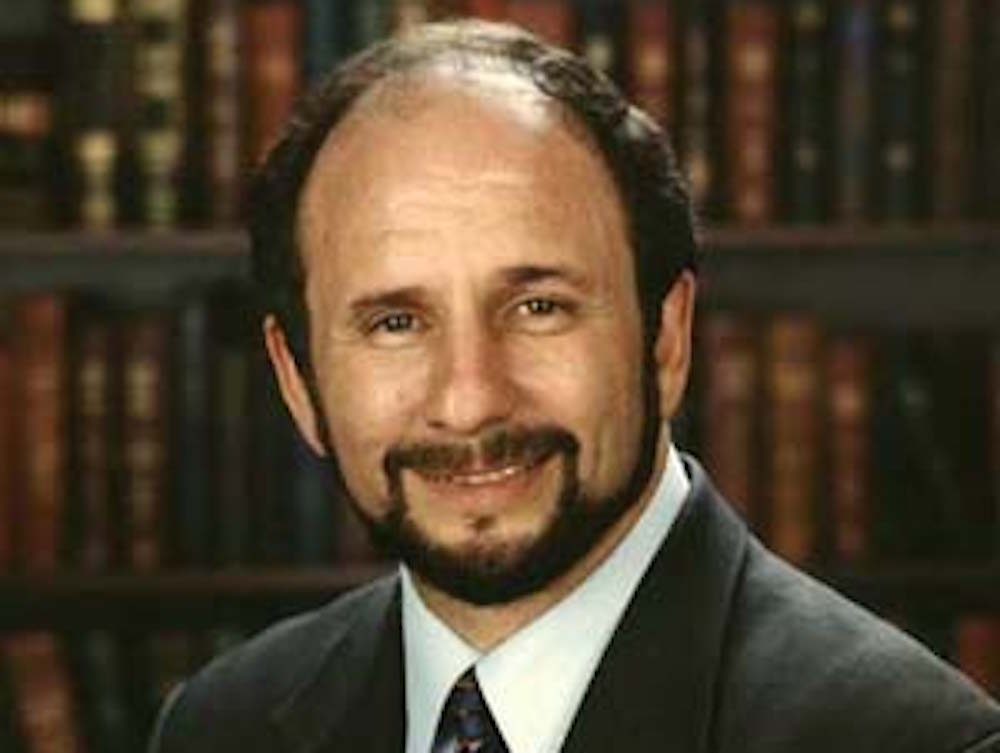Almost thirty years ago, when the oldest member of the Squad was 16 and the youngest an infant, a firebrand activist was elected to Congress with the goal of changing Washington. His name was Paul Wellstone. Almost immediately, he got in trouble with the so-called “establishment.”
At a White House reception for incoming members in late December, Wellstone defied decorum by cornering President Bush and urging him not to drag the country into war in the Persian Gulf.
The day before he took office in January, Wellstone staged an antiwar news conference near the Vietnam Veterans Memorial, and veterans groups immediately attacked him for being insensitive.
The news conference at the Vietnam Veterans Memorial wasn’t simply offensive to Washington’s political elite, it reverberated back home as well—especially among veterans of that war. Wellstone eventually apologized to them for his insensitivity.
With the pushback against his unconventional tactics coming almost immediately, the senator from Minnesota decided that he needed to rethink his approach. It meant finding the balance between two roles.
Wellstone insists he can function as an inside player…and as an outsider. “I’ve reached a pretty firm conclusion that I should be substantive, be on top of the legislative program, make sure your word is good and stay in close touch with colleagues, let them know what you’re doing, don’t blindside people,” he says. “Those are, if you will, insider ethics. But by the same token, I’m even more convinced than ever that I want to push hard on the agenda. I want to continue to be a voice here for working with people on the outside of the process. I want to fight for change. I want to do it both ways.”
Over the course of his 11 years in the Senate, Wellstone continued to work to find the balance between those two roles, with some success as well as failures. He was no stranger to challenging Democratic leadership. For example, he advocated against passage of welfare reform and regularly forced senators to go on record with votes to raise their own pay. But he let down a lot of liberals when he voted in favor of the Defense of Marriage Act, something he later came to regret.
On the other hand, Wellstone was willing for reach across the aisle and work with Republican Senator Pete Domenici on mental health parity. The two were polar opposites on almost every other issue. But this one was personal for both senators, who each had a family member with serious mental health issues. The Paul Wellstone and Pete Domenici Mental Health Parity and Addiction Equity Act of 2008 passed six years after his death, and was signed into law by President George W. Bush.
As a testament to the power Wellstone had amassed by working to balance those two roles, he became the number one target for the Bush administration in 2002.
Paul Wellstone is a hunted man. Minnesota’s senior senator is not just another Democrat on White House political czar Karl Rove’s target list, in an election year when the Senate balance of power could be decided by the voters of a single state. Rather, getting rid of Wellstone is a passion for Rove, Dick Cheney, George W. Bush and the special-interest lobbies that fund the most sophisticated political operation ever assembled by a presidential administration. “There are people in the White House who wake up in the morning thinking about how they will defeat Paul Wellstone,” a senior Republican aide confides. “This one is political and personal for them.”
Sadly, Wellstone died in a plane crash just 11 days before that election, along with his wife, daughter and five members of his campaign staff. Republican Norm Coleman—the candidate chosen by Dick Cheney to challenge Wellstone—won against a hastily recruited Walter Mondale.
As a testament to the respect Paul Wellstone had garnered from his colleagues, they made this video in tribute to him five years after his death.

On a more personal level, my friend Pakou Hang talked about what it meant to work for him.

My hope is that the Squad would learn something from Paul Wellstone. He never abandoned his role as an advocate for progressive causes and didn’t shy away from challenging Democratic leaders when he thought they were wrong. But he did so with joyous optimism, an embrace of the political process, and respect for those with whom he disagreed. In doing so, he garnered the power to become a threat to the Republican establishment rather than fodder for their political games.



